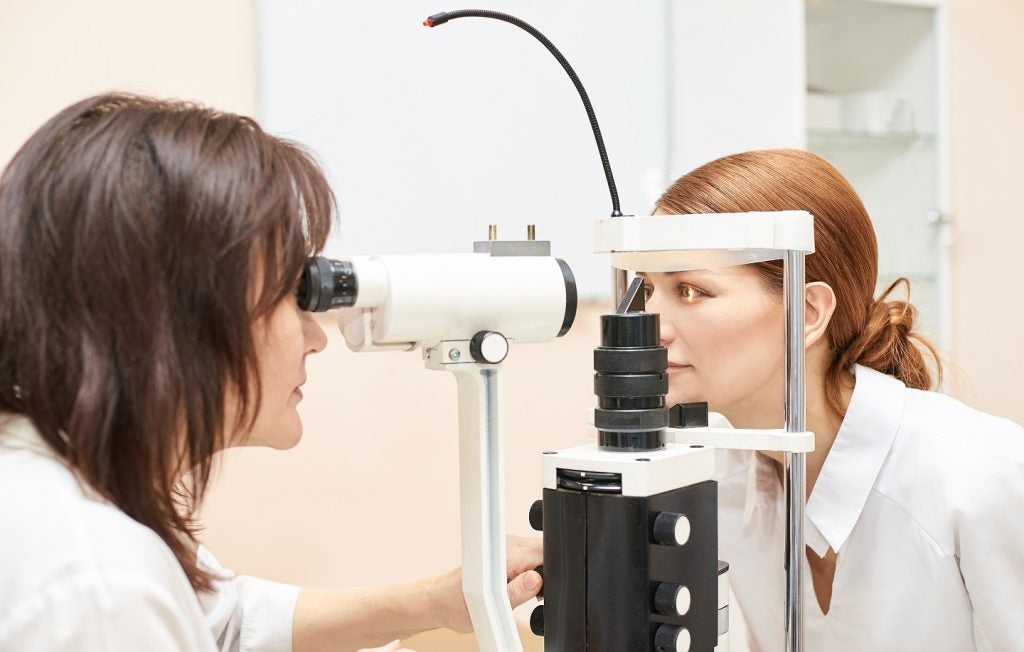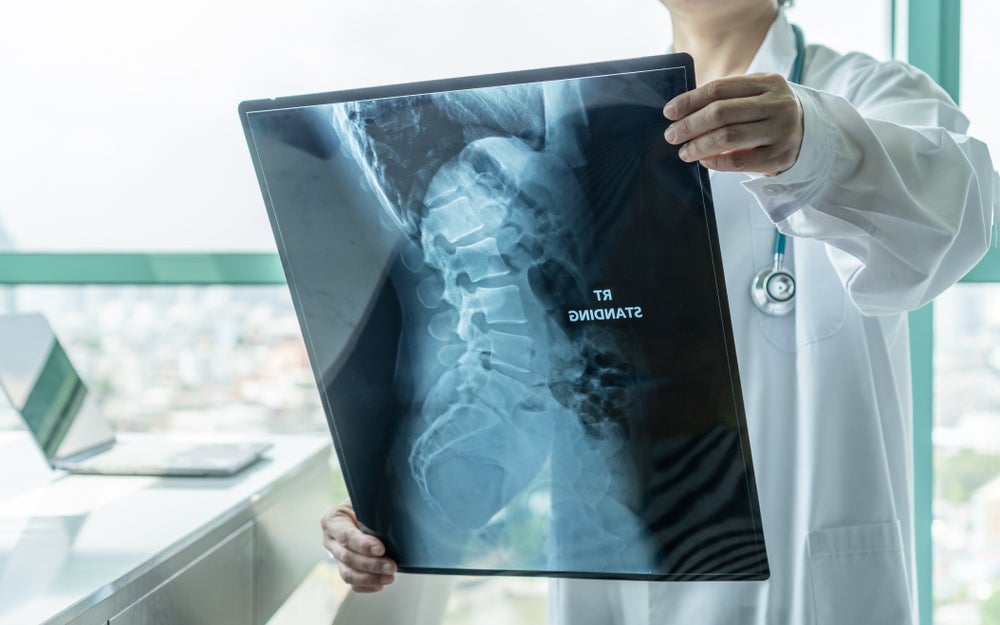
Polyneuron pharmaceuticals has completed its CHF3.1 million seed financing round, the proceeds of which will be used to propel its biodegradable glycopolymer treatments for autoimmune diseases through trials.
The treatments are created using the company’s Antibody-Catch programme, designed to enable the chemical design and production of injectable, biodegradable glycopolymers to eliminate autoimmune disease-causing autoantibodies without damaging the immune system.
“The Antibody-Catch technology creates drug candidates that offer multiple epitope-mimics to the autoantibodies,” Polyneuron CEO Ruben Herrendorff told Drug Development Technology.
“As a result, the drug serves as a decoy for the autoantibody, which gets sequestered and eliminated from the body.
“The trend in the medical community is to move away from unselective immunosuppressive therapies for autoimmune diseases and advance towards antigen-specific therapies. Antibody-Catch is an antigen-specific treatment approach, which could realise breakthrough therapies for specific autoimmune conditions.”
The money raised in the recent financing round will be used to develop Antibody-Catch, as well as advance its lead candidate PN-1007 through clinical development for the treatment of anti-MAG neuropathy, a rare disease of the nervous system.
How well do you really know your competitors?
Access the most comprehensive Company Profiles on the market, powered by GlobalData. Save hours of research. Gain competitive edge.

Thank you!
Your download email will arrive shortly
Not ready to buy yet? Download a free sample
We are confident about the unique quality of our Company Profiles. However, we want you to make the most beneficial decision for your business, so we offer a free sample that you can download by submitting the below form
By GlobalData“PN-1007 was designed to target the IgM autoantibodies that cause anti-MAG neuropathy,” Herrendorff said.
“The drug mimics the natural HNK-1 carbohydrate epitope, which is specifically recognized by the pathogenic autoantibodies, and strongly binds to the disease-causing antibodies in vitro. In vivo, we have seen that PN-1007 efficiently eliminates circulating anti-MAG antibodies. Besides moving PN-1007 into the clinic, we are working to move further assets to preclinical proof of principle.”
The financing round was led by EVA Basel and included the Zürcher Kantonalbank and private investors.
Polyneuron currently has a focus on autoimmune diseases which involve autoantibodies against carbohydrate epitopes.
Anti-MAG peripheral neuropathy makes up roughly 5% of chronic inflammatory demyelinating polyneuropathy (CIDP)-like disorders. However, as anti-MAG is not an inflammatory disease, typical CIDP treatments only provide transient relief for anti-MAG patients.
Anti-MAG occurs when the body’s immune system develops antibodies against a key glycoprotein (myelin-associated glycoprotein, or MAG) which is itself essential for the peripheral nervous system. Symptoms typically include a loss of feeling in the hands and feet, mild to severe tremors, and poor balance. Patients in later stages of the condition can also experience muscle weakness. The majority of patients are in their 50s or 60s, with 90% being male.







